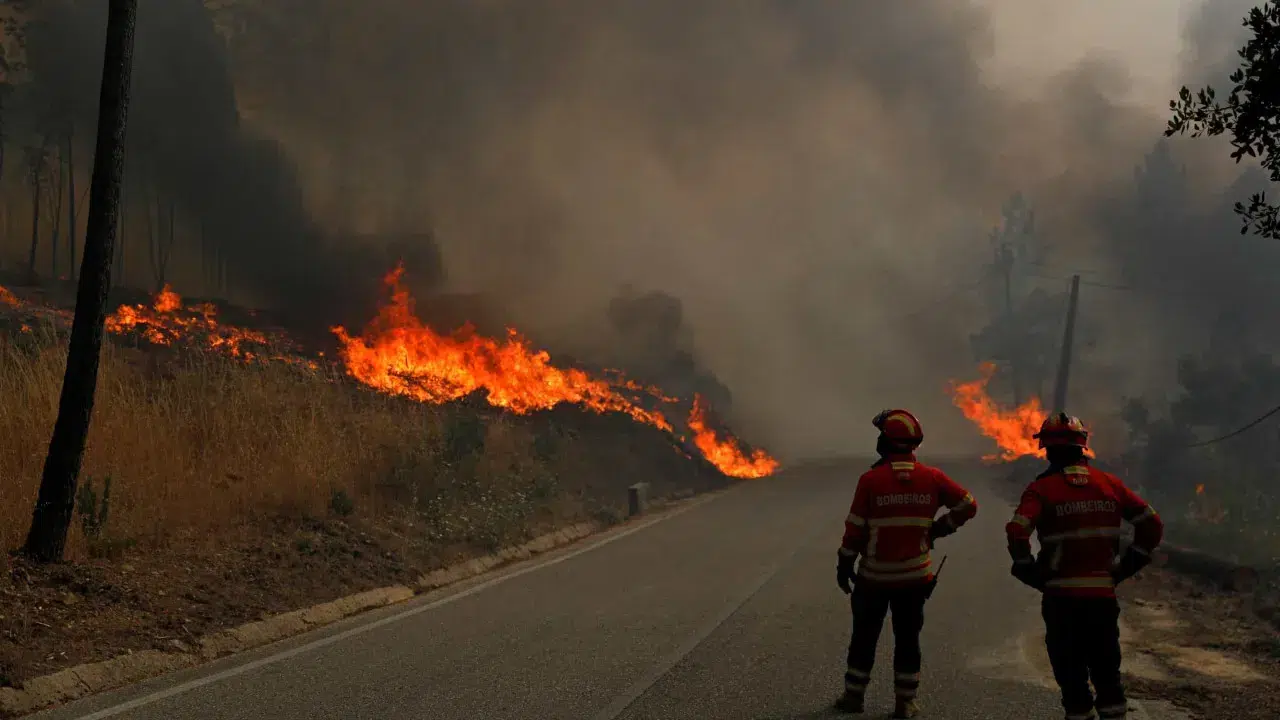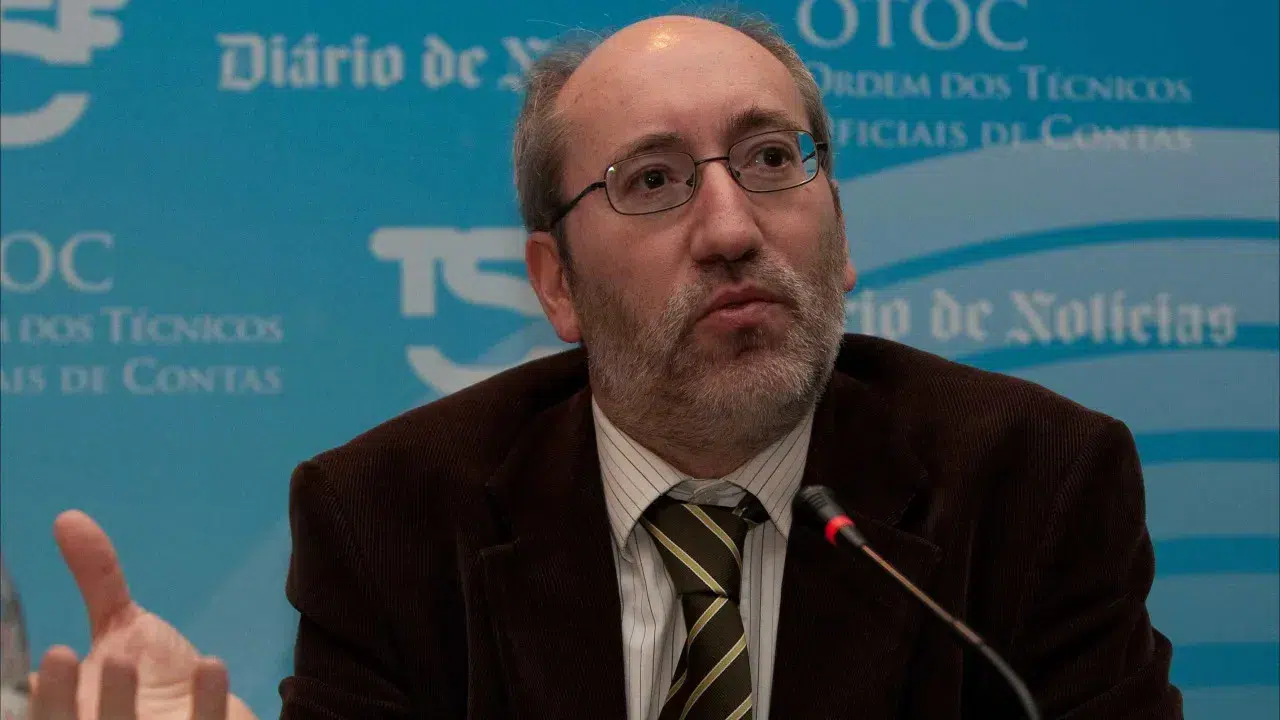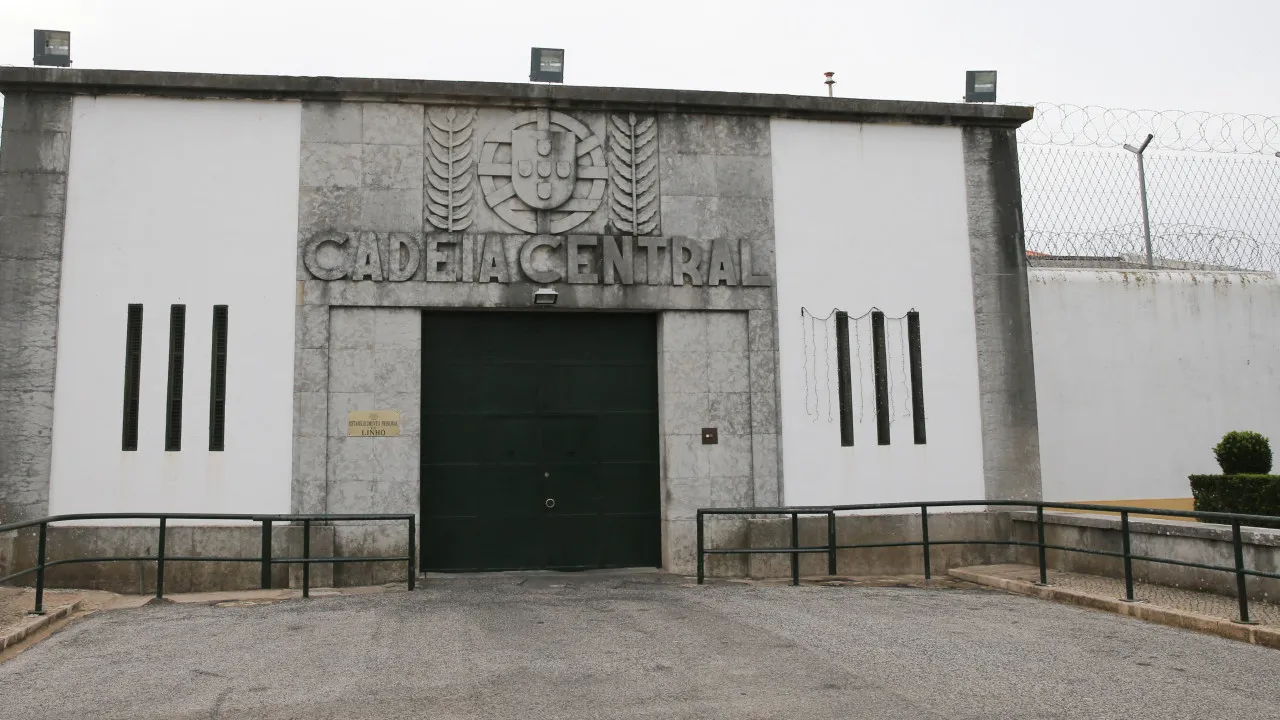
“The bureaucratic structures of the State are failing to provide quick responses. They have limited resources, especially human resources. We are specifically referring to ICNF. We are talking about a national park, and these resources should exist and be strengthened to establish closer dialogues with communities,” said Joana Nogueira of the Escola Superior Agrária at the Instituto Politécnico de Viana do Castelo (IPVC), emphasizing the need for enhanced protection against fires.
According to Nogueira, “the governance and the implementation methods” for the PNPG’s protection “need to be based on more dialogue, with more consensual decisions, more community involvement, for a clearer understanding of the direction, priorities, and actions to be taken.”
The professor, who has studied the role of communities living in Peneda-Gerês and their contribution to “preserving ecosystem integrity and diversity,” commented in light of the fire that began on July 26 in the PNPG, in Ponte da Barca, district of Viana do Castelo. Although deemed controlled a week later, as of 08:30 today, it still engaged 370 firefighters and 127 vehicles.
“Living in a park becomes very restrictive regarding procedures. When the park was initially created, an inhabitant likened owning land there to having a suit in the closet that you can’t wear. It’s necessary that people don’t feel this way; they need to see the park as a value addition for them,” Nogueira stated.
She stressed the need to “find governance solutions and technical interventions in the park that encourage this kind of positive relationship.”
When asked if the creation of PNPG and its associated rules might endanger the values it seeks to protect, Nogueira emphasized that “the park is a positive reality.”
Strategic planning is often executed “with minimal involvement of the populations.”
“Consequently, decisions are misunderstood or sometimes inadequately suited to the people’s reality, their lives, expectations, and motivations. We are discussing ordinary citizens, often elderly, some slightly isolated from the current digital world, who struggle to engage with a bureaucratic structure,” she explained.
Nogueira attributed this to a lack of human resources and “interlocutors from the nature conservation and regulatory activity sectors who could also better understand the communities, thus providing quick responses to certain decisions.”
Living in a protected area requires restrictions “that need to exist but should be tailored to the context and easily understood and accepted by the communities,” she argued.
“This process requires more reconciliation, more negotiation, more adjustment of measures to territorial specifics, and this adjustment often involves the participation of communities or their representatives in decision-making processes. In Portugal, we typically see little community participation in decision-making, and there’s limited adaptation of measures, resulting in inefficacy and challenges,” she noted.
Nogueira sees “substantial room for improvement” in this context.
“What I observe is that, in other European contexts, the most successful protected area cases involve negotiation with various stakeholders,” she indicated.
The ICNF was contacted but has not provided a response.
The PNPG covers districts of Braga (municipality of Terras de Bouro), Viana do Castelo (municipalities of Melgaço, Arcos de Valdevez, and Ponte da Barca), and Vila Real (municipality of Montalegre), spanning an area of about 70,290 hectares.
If you have additional information or images about this topic, please share them with us at: eu**@**************to.com




